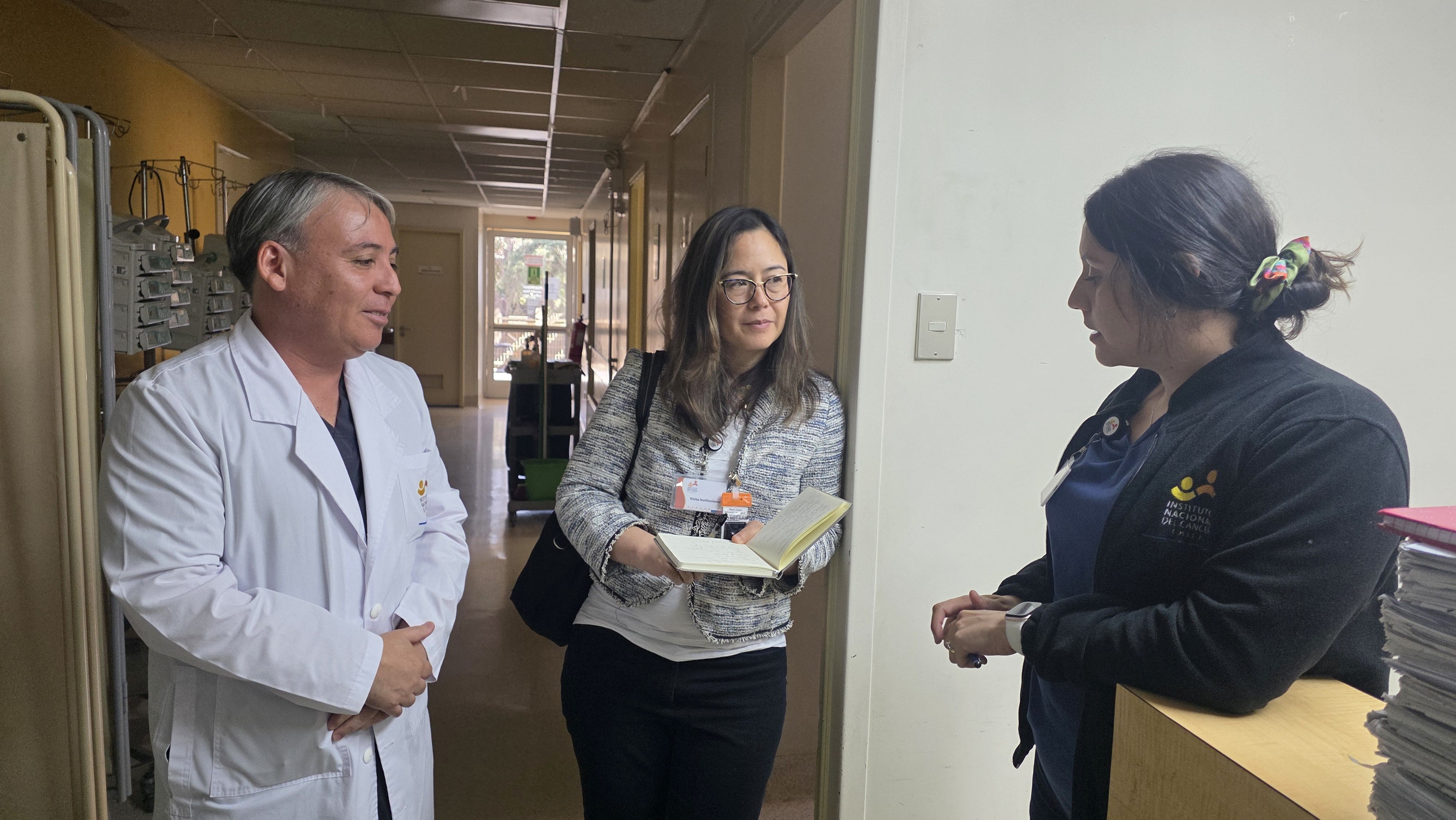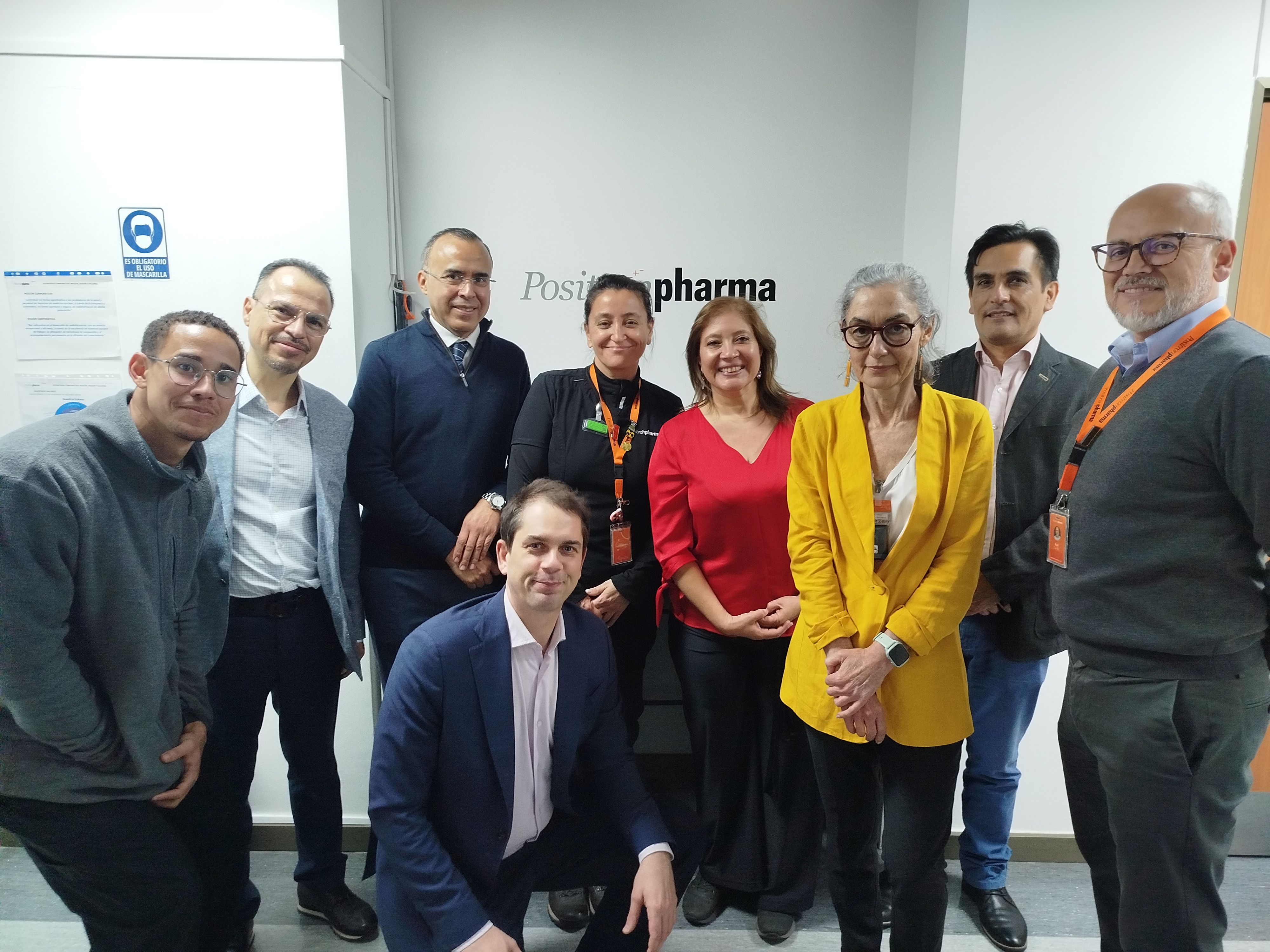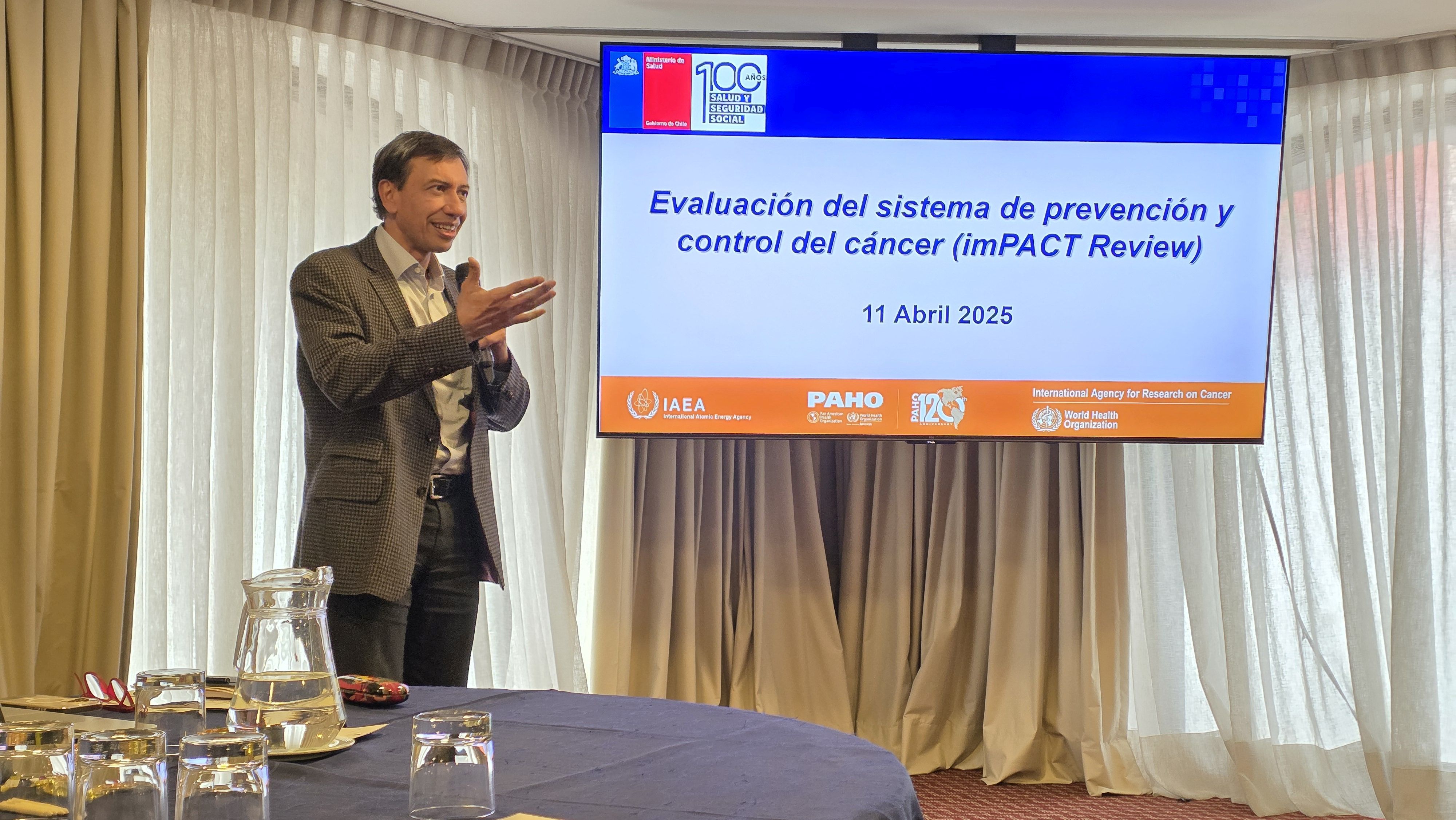A week-long assessment of Chile’s cancer care needs and capacities has highlighted national health system strengths, such as universal medical coverage and a highly trained health workforce, and recommended actions to further enhance national cancer care, including expanded investment in radiopharmaceutical production.
The imPACT review, conducted in April by a team of experts nominated by the IAEA, the World Health Organization (WHO) and the International Agency for Research on Cancer (IARC), supports efforts to strengthen the country’s national cancer control programme.
According to 2022 IARC estimates, Chile faces a significant burden of cancer with nearly 60 000 new cases per year and 31 000 deaths. Prostate, colorectal and stomach cancers make up more than half of cases among men, and breast, colorectal and lung cancers are the most frequent among women.
Carried out in collaboration with the Chilean Ministry of Health (MINSAL), the assessment included visits to healthcare facilities in the cities of Santiago, Antofagasta and Concepción, along with discussions with local authorities, medical staff and key actors in cancer control.
“This joint initiative highlights the importance of coordinated planning across agencies and sectors. The commitment of Chilean institutions and professionals to continuous improvement sets an example for the region,” said Giovanni Escalante, WHO Representative in Chile.



